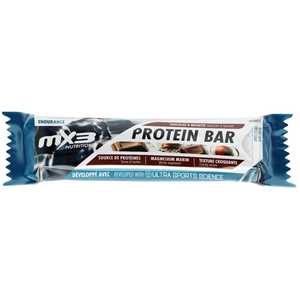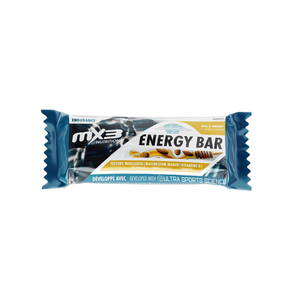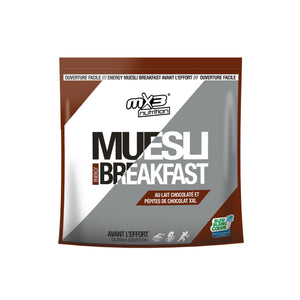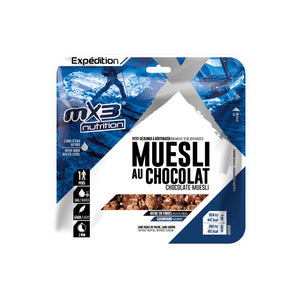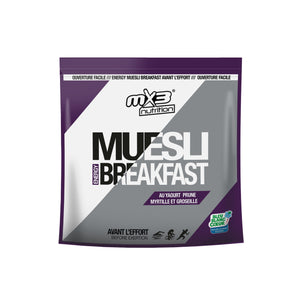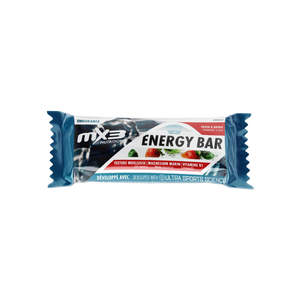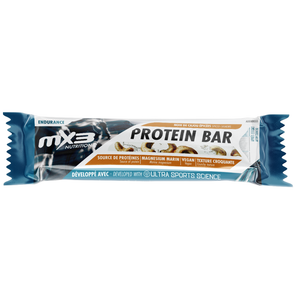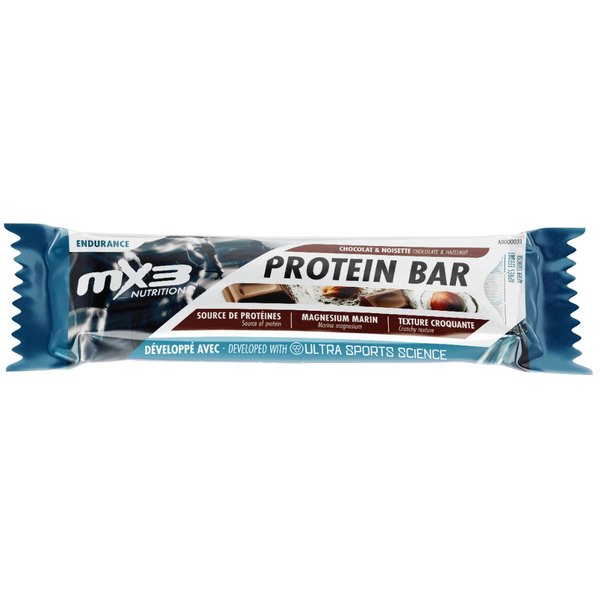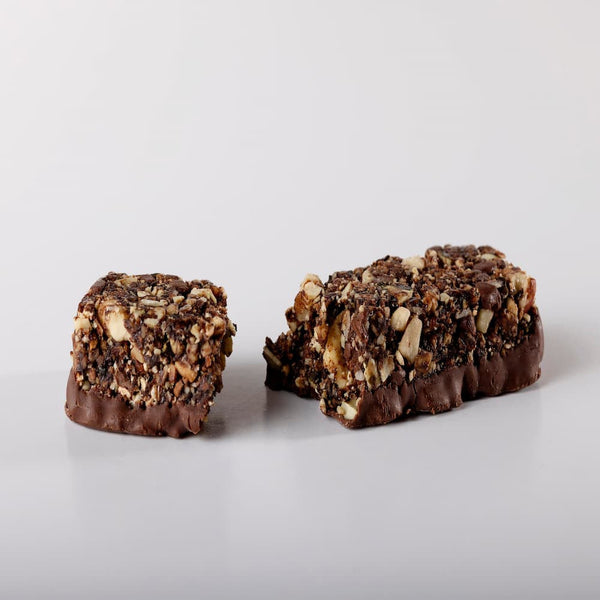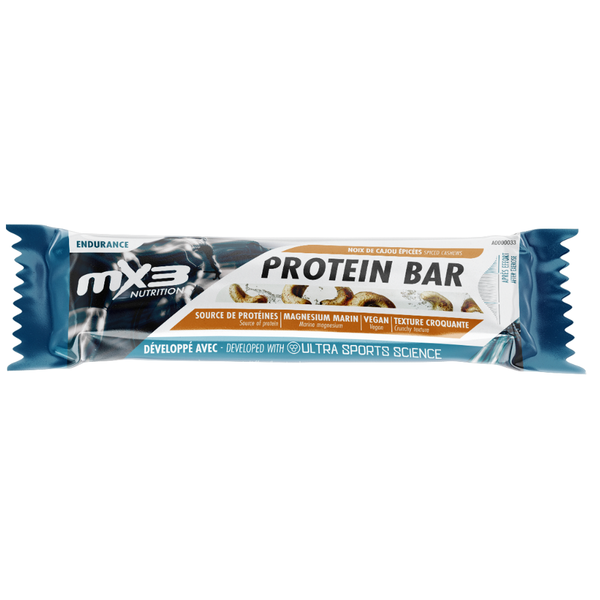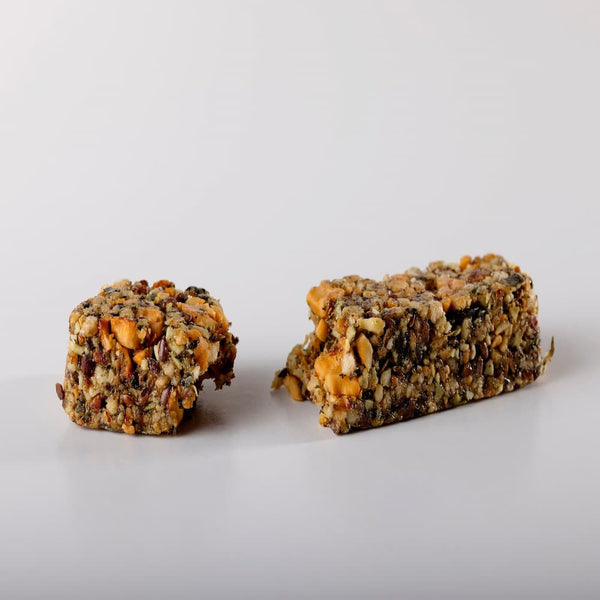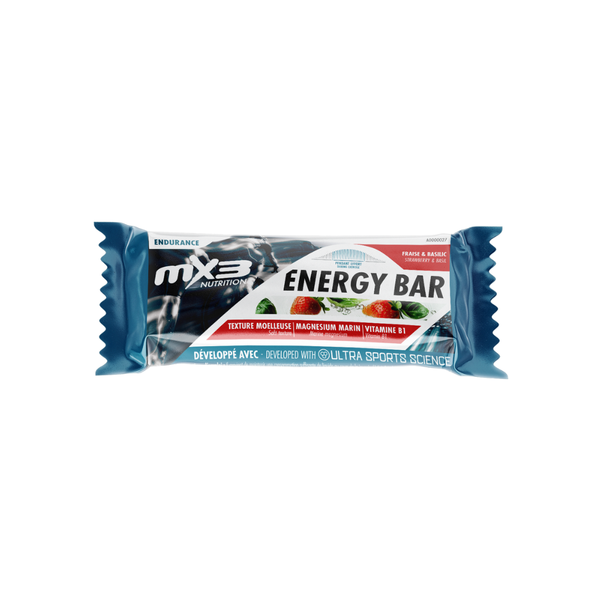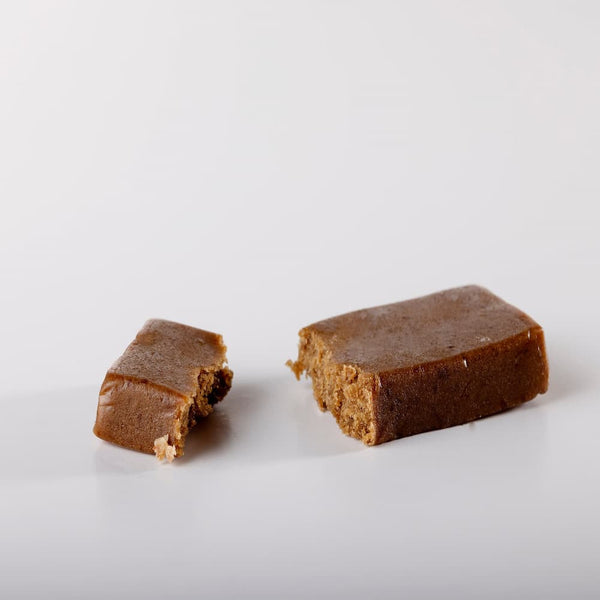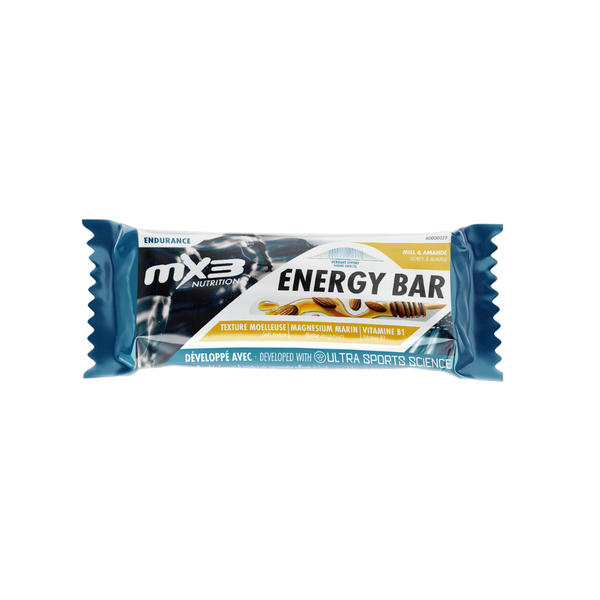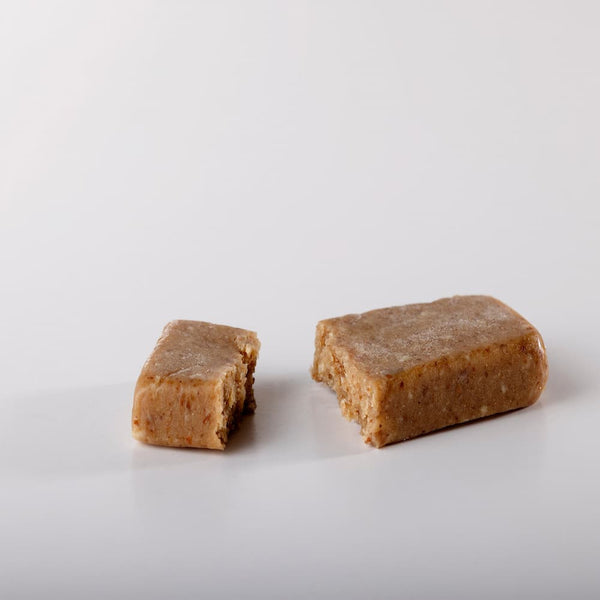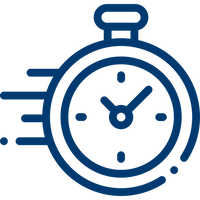Sport and nutrition
When it comes to athletic performance, nutrition plays a vital role. More than just a necessity, a balanced and appropriate diet can improve performance, speed up recovery, and promote overall health in athletes. Here’s a look at the importance of nutrition in sports.
Food and sport, the winning duo!
Fuel for the body
Food is essentially the fuel our bodies need to function efficiently. For athletes, sport and nutrition are inseparable and a suitable diet must provide the energy needed to support intense training sessions and peak performance during competitions. Complex carbohydrates, lean proteins and healthy fats form the basis of a balanced diet for athletes , providing the energy, muscle building and recovery needed.
Performance optimization
Proper nutrition in sports can help optimize the performance of any amateur or professional athlete. For example, consuming complex carbohydrates before training can provide long-lasting fuel for sustained performance, while adding protein after training promotes muscle recovery. Antioxidants found in fruits and vegetables can also help reduce inflammation and boost the immune system, allowing athletes to recover more quickly from intense workouts.
Weight and body composition management
For many athletes, maintaining an appropriate body weight and body composition is essential to achieving their athletic goals. Regardless of the sport , a balanced diet , combined with adequate hydration, can help regulate body weight and promote muscle growth while reducing body fat. By controlling caloric intake and choosing nutrient-dense foods, athletes can maintain an optimal body composition for their sport .
Injury Prevention and Recovery
Proper nutrition in sports can also play a crucial role in injury prevention and recovery after intense exercise. Nutrient-dense foods, such as fruits, vegetables, lean proteins and healthy fats, provide the vitamins, minerals and antioxidants needed to strengthen bones, muscles and joints, reducing the risk of injury. Additionally, consuming the right foods and drinks after exercise can help replenish energy stores, repair damaged muscle tissue and reduce muscle soreness.
The ideal “Sport and nutrition” program
In the quest for a healthy and balanced life, the combination of sport and a suitable diet plays a crucial role. Here is an overview of the ideal program to harmoniously integrate sport and diet into your daily life:
Meal Planning
Start by developing a balanced weekly meal plan that includes a variety of nutrient-dense foods such as lean proteins, complex carbohydrates, healthy fats, fruits and vegetables.
Hydration
Make sure to stay hydrated throughout the day, drinking enough water before, during and after exercise. Avoid sugary drinks and stick to water for optimal hydration.
Nutritional balance
Eat a balanced diet that meets your energy needs based on your physical activity level. Meals should consist of appropriate portions of protein, carbohydrates and fats, taking into account individual needs and specific goals.
Meal timing
Focus on balanced meals before and after exercise to provide your body with the energy it needs and promote muscle recovery. Aim to eat about 1 to 2 hours before training and consume a snack rich in protein and carbohydrates within 30 minutes after exercise.
Functional foods
Incorporate functional foods into your diet , such as antioxidant-rich superfoods, seeds and nuts, green leafy vegetables, and lean protein sources, to optimize your health and athletic performance.
Consistency
Take a consistent approach to diet and exercise, creating lasting habits and maintaining a healthy diet over the long term. The key to success is consistency and persistence.
By following this ideal " Sport and nutrition " program, you will be able to optimize your sports performance, promote your health and general well-being, and feel better in your body and mind. Remember that each person is unique, so listen to your body, adjust your diet according to your individual needs and consult a health professional or nutritionist for personalized advice if necessary.
The integration of freeze-dried meals into the diet of endurance athletes
Freeze-dried meals, often associated with campers and outdoor adventurers, are gaining popularity among endurance athletes looking for convenient and nutritious solutions to optimize their performance. Whether you’re a trail runner, cyclist, or triathlete, here’s how freeze-dried meals can become a valuable addition to your diet :
Lightness and practicality:
Freeze-dried meals are extremely lightweight and easy to carry, making them an ideal choice for outdoor sports activities . Whether you're hiking, biking or on a day trip, they fit easily into your backpack without adding any extra weight.
High nutritional density:
Although light, freeze-dried meals are rich in essential nutrients such as protein, carbohydrates and healthy fats. They provide a sustainable source of energy for endurance sports , helping to maintain optimal performance levels throughout the effort.
Long shelf life:
Freeze-dried meals have an extended shelf life, making them perfect for athletes who need to store supplies for long periods of time. You can keep them in your gym bag or car without worrying about them spoiling quickly.
Ease of preparation:
Unlike traditional meals, freeze-dried meals typically only require hot or cold water to prepare. Simply pour boiling water or room temperature water into the pouch, wait a few minutes, and your meal is ready to enjoy. This simplicity is especially appreciated when traveling or during sports competitions.
Variety of flavors:
Freeze-dried meals come in a wide range of flavors and combinations, allowing athletes to vary their diet while satisfying their taste buds. Whether you prefer savory or sweet dishes, there is an option to suit your preferences.
By wisely incorporating freeze-dried meals into their diet , endurance athletes can benefit from a convenient, nutritious and easily portable source of energy. However, it is important to remember that freeze-dried meals should not replace a balanced and varied diet , and should be consumed as part of an overall nutritional strategy tailored to your individual needs. Always consult a healthcare professional or nutritionist for personalized advice.
To conclude on diet and sport !
A balanced and appropriate diet is essential to support athletic performance, promote health and well-being, and maximize results. Athletes should be aware of their specific nutritional needs and work with nutrition professionals to develop personalized meal plans that meet their athletic goals and individual needs. By combining rigorous training with proper nutrition , athletes can reach their full potential and excel in their field.

